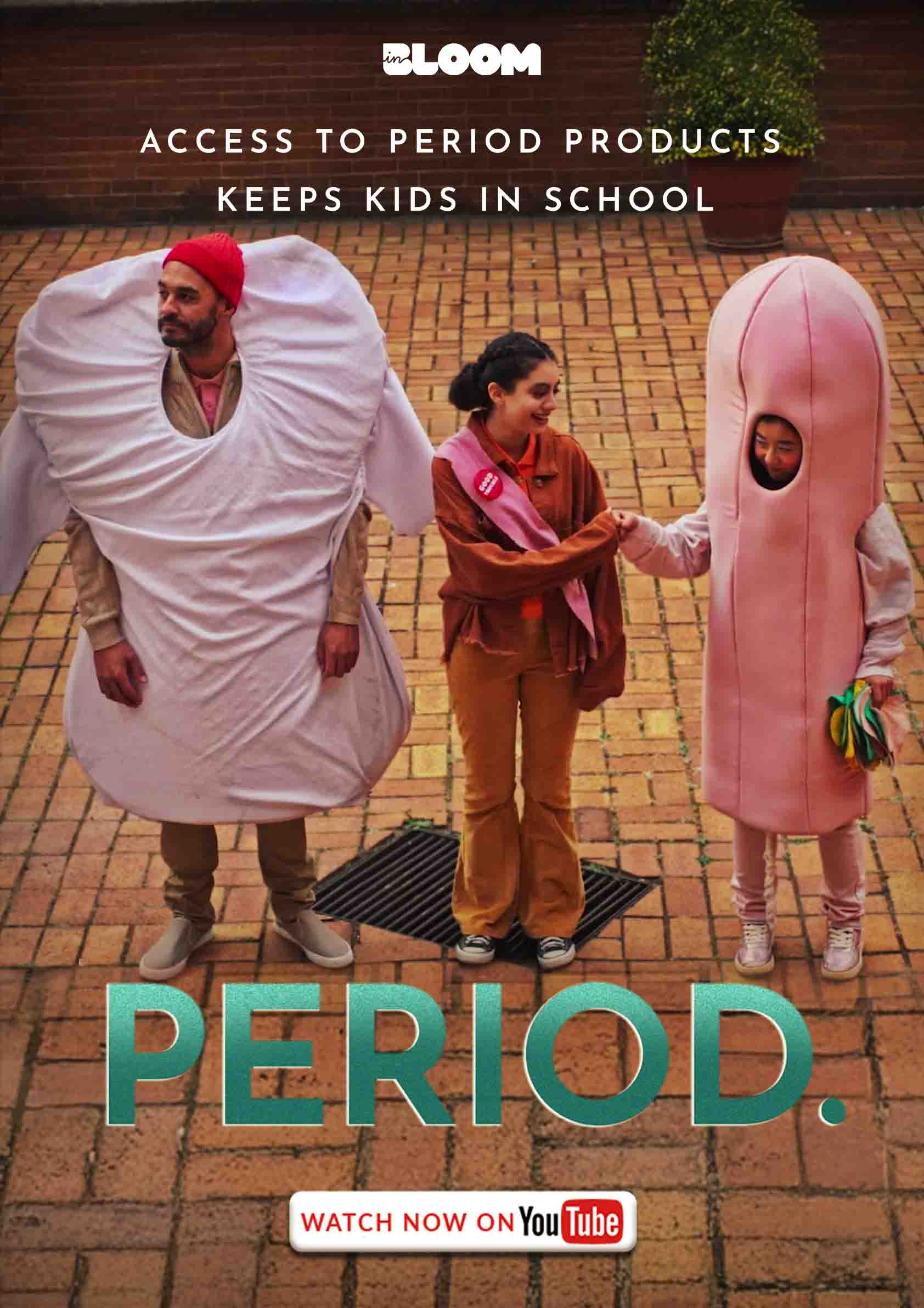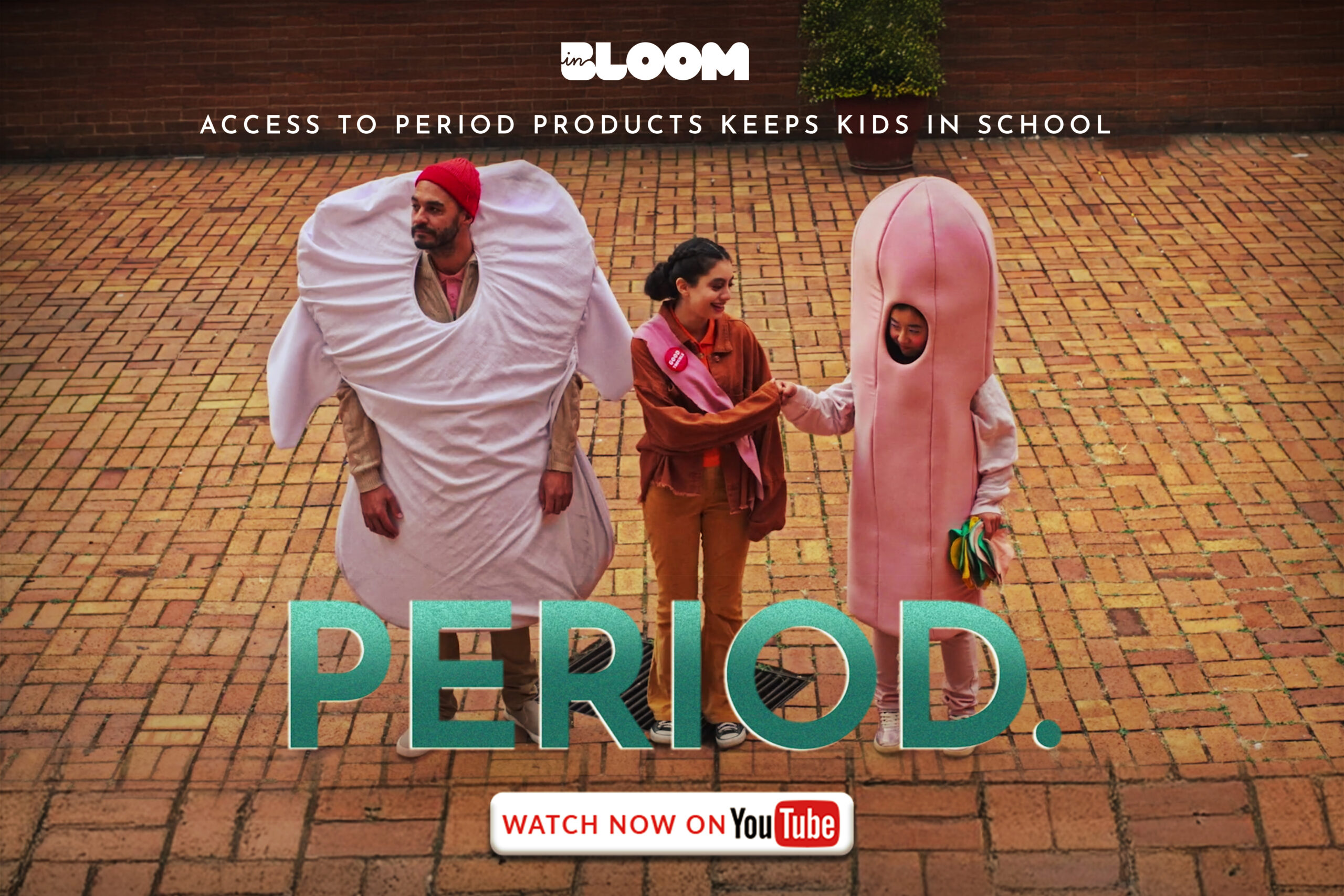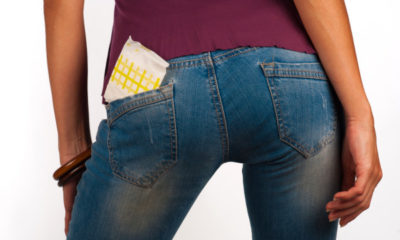Movies
It’s Not Just a ‘Women’s Issue’ — Periods Deserve Open Dialogue
Written by Inbloom Stories

Picture a student in secondary school, moments away from presenting a project they’ve spent weeks preparing. Nerves are high, there’s worry about stumbling over words or forgetting key details. As the student walks to the front of the class, they don’t notice the stares, until someone loudly points out a period stain on their skirt. Laughter erupts. The moment becomes less about the project and more about the embarrassment.
Many people can recall a moment like this, the first unexpected period, the stain, the discomfort. Often, it’s not the physical experience itself that’s hardest to deal with, but the stigma surrounding it. The judgmental glances.
The whispered comments questioning hygiene. The sense of shame that turns a natural body function into something to hide. The silence that suggests menstruation is something to handle in isolation rather than with understanding, support, and dignity.
In PERIOD, a short film about period poverty, Fay navigates an awkward first period encounter with help from a new friend, Min. When she finds out that there are no pads at her school and that the Deli next door is taking advantage of this by gouging prices, she decides to get into some ‘good trouble’ to ensure things change at her school.
Directed by Nicole Teeny, PERIOD is part of the In Bloom Collection, an initiative by the MTV Staying Alive Foundation, which aims to amplify voices on gender related issues through engaging and powerful storytelling. So far, they’ve collaborated with five female filmmakers on five short films that drive conversations around gender inequality.
 This remains a critical issue, as menstruation continues to be treated as a taboo subject in many cultures across Nigeria. The lack of open dialogue around menstrual health significantly hinders efforts to ensure that girls are well-informed, well-equipped, and able to experience clean, safe, and dignified periods.
This remains a critical issue, as menstruation continues to be treated as a taboo subject in many cultures across Nigeria. The lack of open dialogue around menstrual health significantly hinders efforts to ensure that girls are well-informed, well-equipped, and able to experience clean, safe, and dignified periods.
In 2025, no girl should feel shame for a natural biological process over which she has no control. Menstruation should be discussed openly, not only by girls and women, but by everyone, including policymakers who have the authority to make period care a basic right rather than a privilege.
Until that becomes a reality, collective advocacy remains essential. It is the responsibility of all individuals, communities, and institutions to challenge period stigma and support improved access to menstrual hygiene products for all girls and women.
Sponsored Content























